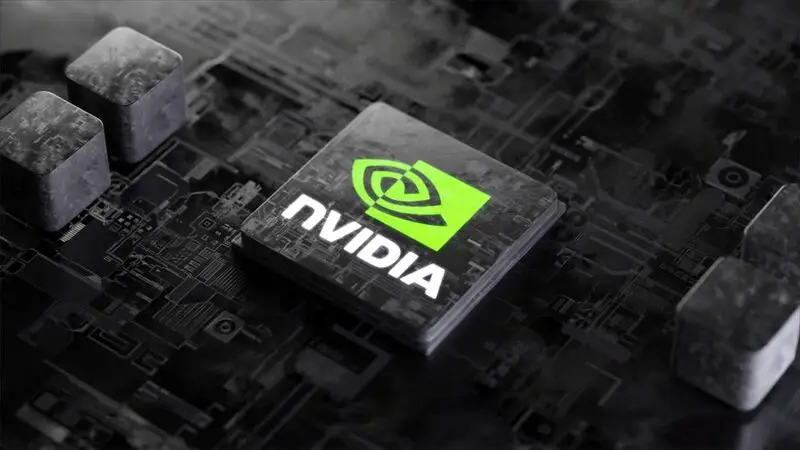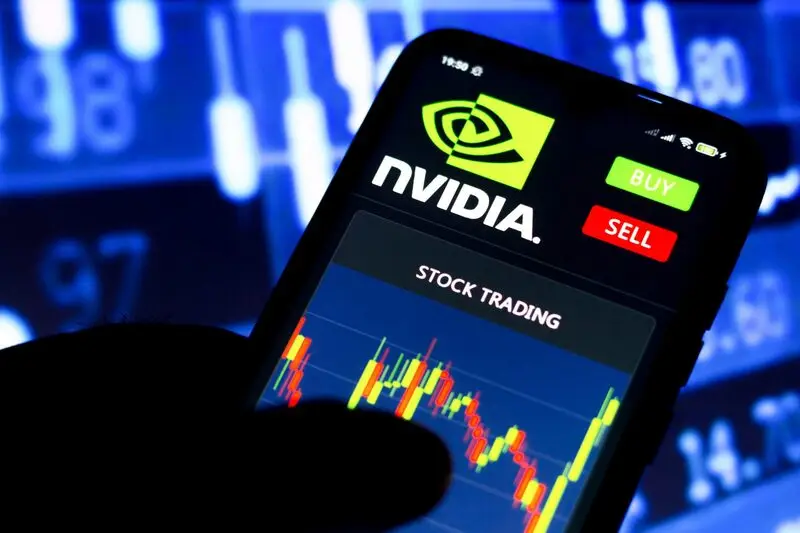Nvidia has witnessed incredible growth this year, spearheading the global AI chip manufacturing endeavor. The company’s stock, NVDA, has also seen a substantial increase in value this year, hitting a record high last Tuesday.
The tech giant’s market cap briefly touched $3.53 trillion last week, overtaking Apple as the world’s most valuable company.
Also Read: Central Bank Digital Currencies Set to Surge 2,430% by 2031
Why Is Nvidia Surging?

NVDA’s surge is likely due to increased demand for data centers. The stock rallied after Western Digital reported a profitable quarter.
The wake of AI-related initiatives has also boosted the company’s value. According to Russ Mould, investment director at AJ Bell, “More companies are now embracing artificial intelligence in their everyday tasks, and demand remains strong for Nvidia chips.”
Mould further stated, “It is certainly in a sweet spot and so long as we avoid a big economic downturn in the United States, there is a feeling that companies will continue to invest heavily in AI capabilities, creating a healthy tailwind for Nvidia.“
Also Read: Can Binance Coin (BNB) Reclaim Its All-Time High Before Bitcoin?
When Will The Stock Hit $300?
According to the analysts at 24/7 Wall Street, NVDA’s price could breach the $300 mark sometime in 2027, about three years from now. The platform anticipates the asset to trade at a potential maximum price of $310.80 in 2027 while predicting a low end of $133.20. Hitting $300 from current price levels will translate to a rally of about 113.5%.

Also Read: Solana-Based Popcat Hits All-Time High: Can It Hit $2 Next?
According to Phil Panaro, a former senior advisor at Boston Consulting Group, NVDA could surge to $800 by 2030, around six years from now. Hitting $800 from current price levels will entail a rally of about 469.3%.
With AI taking center stage globally, Nvidia’s outlook is generally positive. It is expected to continue its bullish trajectory for the foreseeable future.






